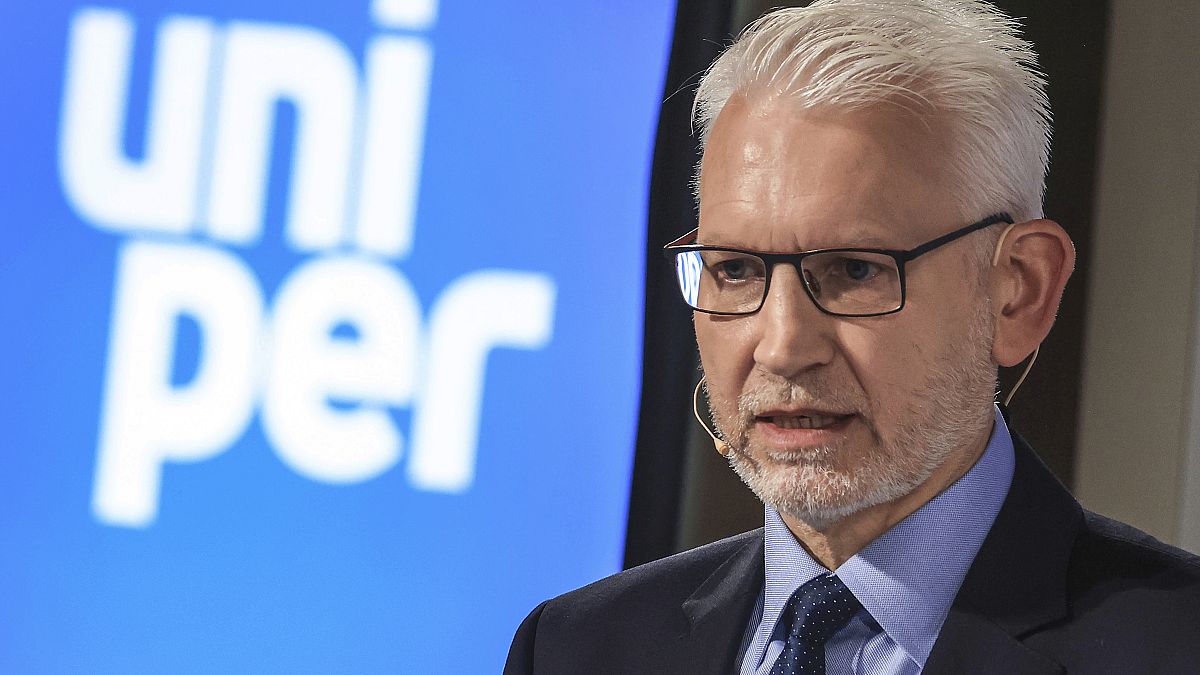Boeing: Union rejects troubled airline’s ‘final offer’ over pay

The offer of a total package of 30% over four years is higher than a previous proposal but more than 30,000 workers are calling for the restoration of a traditional pension plan.
Union leaders at Boeing have rejected a “best and final offer” to striking machinists which, management said, would have raised pay by 30% over the next four years. That was up from an original offer of 25% but less than the 40% the union wants.
Boeing had given an end-of-the-week deadline for agreement to the deal but union leaders in the Pacific Northwest region said they would not be asking their members to vote on it within the Friday deadline set out by Boeing.
The rejection of the offer comes after two days of talks last week with federal mediators which failed to produce an agreement.
Company negotiators said: “We presented a best and final offer that made significant improvements and addresses feedback from the union and our employees.”
However, union negotiators complained that Boeing had made its latest offer public without first negotiating with union officials.
“Boeing does not get to decide when or if you vote,” IAMAW representatives told local members on Monday night. “The company has refused to meet for further discussion; therefore, we will not be voting.”
Some 33,000 staff belonging to the International Association of Machinists and Aerospace Workers began their industrial action on 13 September. The union represents factory workers who assemble some of the company’s best-selling planes.
What is in the new offer?
The new offer is more generous than the one that was overwhelmingly rejected earlier this month.
Boeing said the current offer meant the average annual pay for machinists would rise from the present $75,608 (€67,851) to $111,155 (€99,750) at the end of the four-year contract.
However, the new offer would not restore a traditional pension plan that Boeing removed about a decade ago. Striking workers cited pay and pensions as among reasons why they voted 94.6% against the company’s previous offer.
Boeing also renewed a promise to build its next new airline plane in the Seattle area – if that project started within the next four years. That was a key provision for union leaders, who recommended adoption of the original contract offer, but one that seemed less persuasive to rank-and-file members.
The cost of the strike to both sides
The strike is already likely to be starting to reduce Boeing’s ability to generate cash. The company gets much of its cash when it delivers new planes, but the strike has shut down production of 737s, 777s and 767s. Work on 787s continues with non-union workers in South Carolina.
The new offer demonstrates Boeing’s eagerness to end the strike. It introduced rolling furloughs of non-unionised employees last week to cut costs during the strike.
On Friday, Boeing began making thousands of managers and non-union employees take one week off without pay every four weeks under the temporary rolling furloughs. It has also announced a hiring freeze, reduced business travel and cut spending on suppliers.
The money-saving measures are expected to last for the duration of the strike.
The strikers face their own financial pressure to return to work. They received their final wages last week and will lose company-provided health insurance at the end of the month, according to Boeing.
World News || Latest News || U.S. News
Source link



